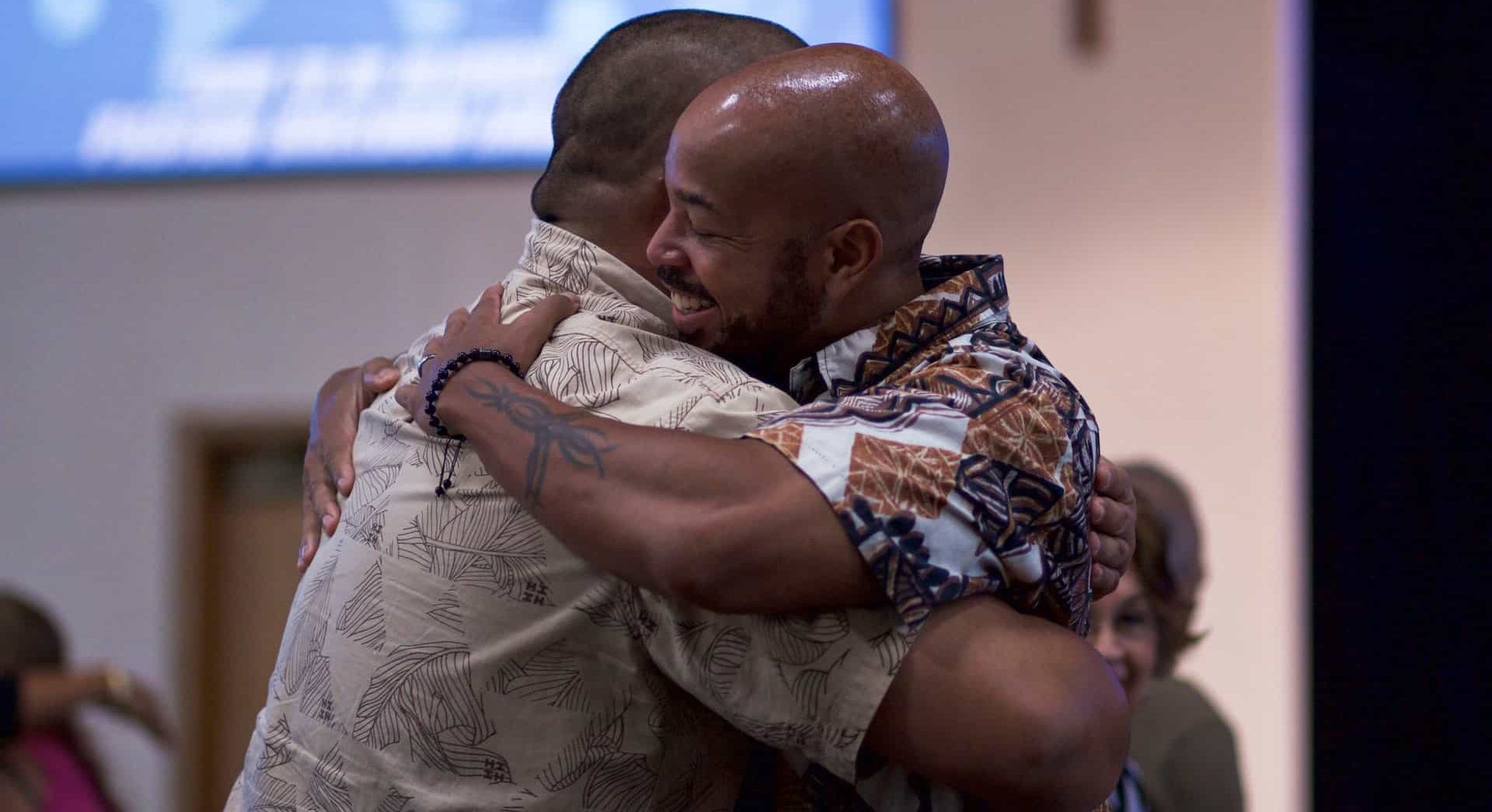
Q&A: How One Psychiatrist Is Working to Ensure Equitable Treatment for People with Complex Mental Health Needs
The Council of State Governments Justice Center and the American Psychiatric Association Foundation have partnered to highlight leaders working to address mental health needs among people in the criminal justice system through innovative practices and programs. This feature is the third in a series under the Judges and Psychiatrists Leadership Initiative.
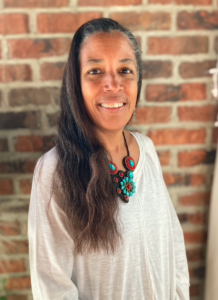
Dr. Stephanie Le Melle
Dr. Stephanie Le Melle is an associate professor of psychiatry at the Columbia University Medical Center and the director of Public Psychiatry Education at the Columbia University/New York State Psychiatric Institute (NYSPI). In these roles, she serves as both the course director for the community psychiatry didactic curriculum in the Psychiatry Residency Training Program and as director of the Public Psychiatry Fellowship Program—a one-year post-doctoral fellowship that trains psychiatrists who plan to devote their careers to working with people who have complex mental health needs. For the past 24 years, she has devoted her time and expertise to ensuring that underserved communities receive equitable care and treatment. The Council of State Governments Justice Center interviewed Dr. Le Melle to learn more about how she helps train psychiatrists to be more culturally aware and the ways race and the criminal justice system impact mental health care.
Editor’s note: Answers have been edited for length and clarity.
What do people and even some psychiatrists often misunderstand about individuals with mental illnesses? How have you seen this affect treatment and criminal justice responses?
Many in our society believe that people with mental illness are dangerous. As a result, our systems of care are designed on this bias. For example, in most places in the United States, if someone calls 911 for a mental health reason, police are required to show up. Why? Because we are afraid of people with mental illness. But most people with mental illness are never violent toward others, and having police respond can be very traumatic.
What are some ways that your programs teach upcoming psychiatrists to reduce their biases and provide more culturally competent mental health and addiction treatment to their patients? And what tools would you recommend?
At Columbia/NYSPI, our educational programs emphasize the need to be curious about the whole person seeking treatment and to not make assumptions. Far too often, clinicians use their own life experiences to understand others. But when it comes to culture, ethnicity, and race, we have to ask people how they identify, what is “normal” for them and their families, and how they understand mental illness and addiction. We try to provide a safe learning environment and brave space where our fellows can discuss these kinds of topics openly.
The DSM-5 Cultural Formulation Interview is one helpful tool for teaching cultural humility. It is also important for clinicians to be self-aware and to understand their own biases and behavior.
Why have you found it important for public/community psychiatrists to focus their efforts on people with mental illnesses who come into contact with the criminal justice system specifically?
As community psychiatrists, our job is to provide high quality mental health and substance use treatment to people who have complex needs. It is our responsibility to treat the whole person and to address their social determinants of health, as well as their mental health needs. To do this, we must focus on the different systems of care that people have to navigate. That includes the criminal justice/legal system because of the impact it has on peoples’ mental health, ability to gain employment, housing options, as well as on their ability to access, engage in, and receive appropriate levels of care.
What should people understand about the impact of race on mental health care?
Race, as defined in this country, is a social construct, and as such, has great variability in how it is used. But racial biases impact all our public and social systems, including mental health care. For example, because of the historical legacy of Jim Crow and slavery, our societal fears of African American men and the media’s portrayal of them as “crazy and out of control” has led to the overdiagnosis of schizophrenia among this population. Conversely, there is an underdiagnosis of depression and anxiety. There is also an overrepresentation of people of color who live at or below the poverty line. And many studies have shown that the quality of health care, including mental health care, is lower or absent in many poor communities.
Because of the pandemic, many forms of treatment have had to shift to telehealth. How do you think that has changed the landscape of treatment? Are there ways in which you feel telehealth can be used more effectively for people in the justice system?
As with most changes, there are tradeoffs. Telepsychiatry has allowed easier access to care for many people served in the community and the criminal justice system. This is particularly true for people who, for complicated reasons, had difficulty traveling to and engagement with clinics for their care. It is much easier to pick up the phone than to get dressed, find money, get on a bus, face the public, and get to an appointment on time. Telehealth has resulted in a reduction in no-show rates (people not showing up for appointments) in many community treatment programs. It has become easier for some people to consistently participate in therapy by phone or video. Clinicians are also more inclined to do assertive outreach by phone, which increases patient participation.
However, telepsychiatry doesn’t work as well for initial evaluations or for people who do not have reliable access to a phone or Internet. There are also people who do not like using, don’t trust, or don’t understand how to use technology. For poor families, there may only be one phone or computer that has to be shared. There is also the issue of privacy—finding a quiet, private place to participate in treatment. These are some of the tradeoffs of telehealth.
There are times in psychiatric care when we, as physicians, need to be able to touch people—to give injections, to check blood pressure, to check for tremors or rashes or shake a hand. So ideally, we should plan to have a hybrid of services, some by phone/video and some in person.
What would you say to young people considering psychiatry to encourage them to specialize in community psychiatry?
One of the phrases we use during recruitment for our fellowships is, “If you are frustrated with our current systems of care, if you want to treat the whole person and not just their symptoms, if you care about the underserved and social justice, you should choose public psychiatry.”
It is a fulfilling and exciting job to have. It is never boring, the people we serve are grateful, and there is much to be done!
Hero photo credit: Erika Giraud of Unsplash
Profile photo provided courtesy of Dr. Le Melle.
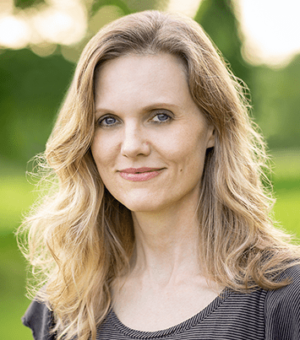
"AOT is a complex community intervention that can be effective or not depending on how it is implemented.…
Read MoreThe Judge Stephen S. Goss Memorial Award for Leadership has expanded to include Lifetime Achievement Awards and, in…
Read More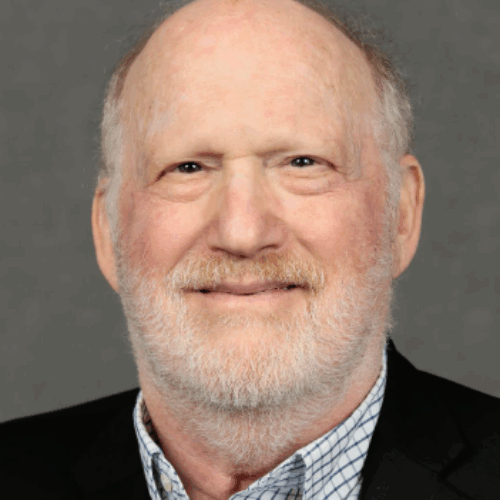 Involuntary Treatment for Patients in the Justice System: Q&A with Dr. Marvin Swartz
Involuntary Treatment for Patients in the Justice System: Q&A with Dr. Marvin Swartz
"AOT is a complex community intervention that can be effective or not depending on how it is implemented. The question about its effectiveness is better phrased as: for whom and under what conditions can AOT be effective?"
Read More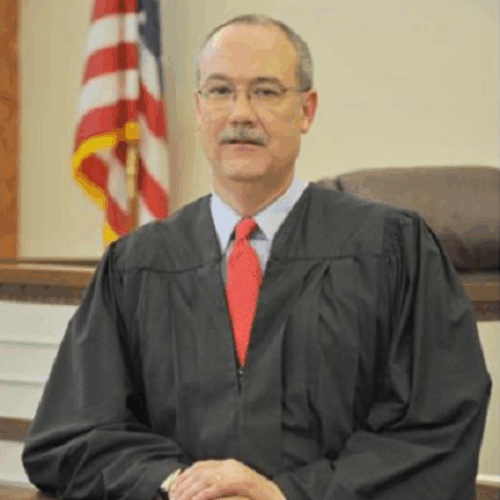 2025 Nominations Now Open for Judges and Psychiatrists Improving Lives and Behavioral Health
2025 Nominations Now Open for Judges and Psychiatrists Improving Lives and Behavioral Health
The Judge Stephen S. Goss Memorial Award for Leadership has expanded to include Lifetime Achievement Awards and, in 2024, the first-ever Team Collaboration Award.
Read More









